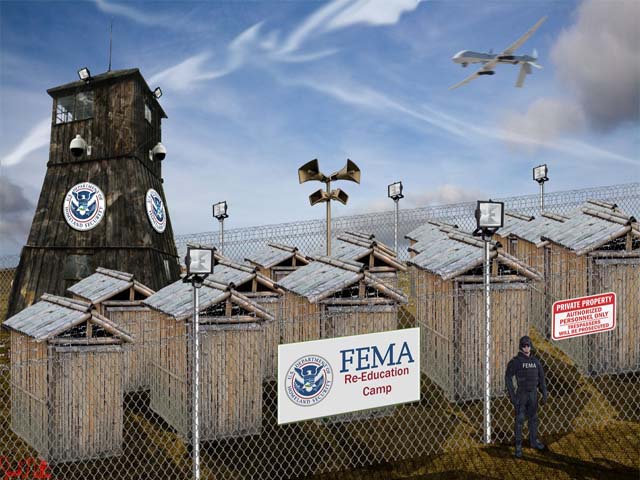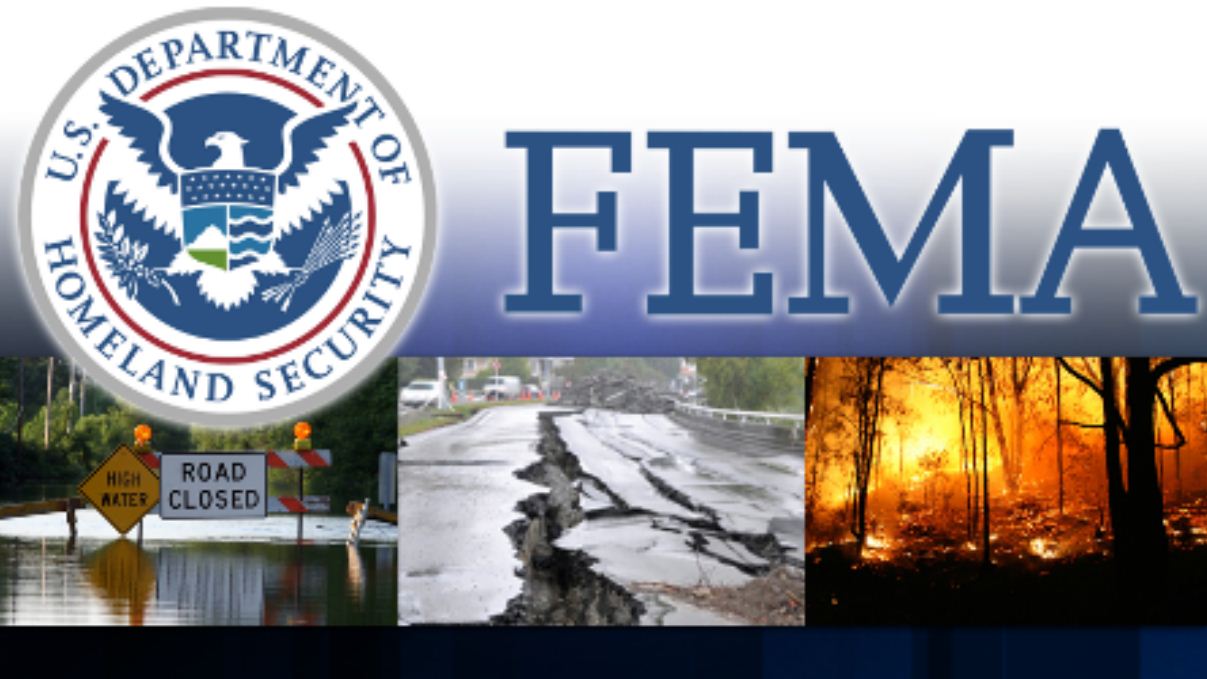CHRISTIANSTED – Ongoing communications challenges throughout the Virgin Islands have made it difficult in some cases for FEMA’s housing inspectors to reach survivors to verify damages to their homes.
A housing inspection is a critical step in getting assistance grants to eligible survivors – and more than 6,400 inspections have been completed so far.
Virgin Islanders who have registered with FEMA and are waiting to hear from a housing inspector can help make the connection happen in three ways:
- Visit a Disaster Recovery Center (DRC): Each of the nine DRCs in the U.S. Virgin Islands has a list of FEMA housing inspectors, their phone numbers and the names of the registered applicants they are to visit. You can help the process along by dropping by the recovery center nearest you and requesting the name and phone number of the housing inspector assigned to you, and then giving that person a call to set up an appointment. Any DRC staff member can help you with this.
- Text Back to Housing Inspectors: Some housing inspectors are attempting to reach applicants via text message, but that has become challenging because survivors are unsure whether the person sending the text is a legitimate FEMA employee. Here’s a recommended fix for that: If you receive a text message from someone claiming to be a FEMA housing inspector, reply to the text asking the sender to text your FEMA registration number. If the person texts your correct registration number, you can then move forward with setting up a housing inspection. Remember you should never send or give away your unique registration number – only confirm whether it is correct upon receiving the text.
- Update your contact information: If you have changed your phone number since you registered with FEMA, please update that information as soon as possible. Go online to www.DisasterAssistance.gov or call our Helpline at 800-621-3362 for voice, 711, or Video Relay Service. Survivors who are deaf, hard of hearing or who have difficulty speaking and use a TTY should call 800-462-7585 directly.
When FEMA housing inspectors arrive at your home, they will display their official contractor photo identification. If the photo ID is not visible, it is important to ask to see it. This helps prevent fraud. Please be aware that FEMA inspectors do not charge survivors for their services or recommend specific contractors. If someone asks for money to inspect your home or promotes a contractor, it is most likely part of a scam.
FEMA understands that some Virgin Islanders with property damage may have temporarily relocated off the islands. We are asking family and friends to let them know they should still register for assistance with FEMA and provide their current contact information. We will reach out to them to coordinate an inspection when it’s possible.
FEMA has established nine recovery centers across the territory to help make it as easy as possible for survivors to stop by.
St. Croix DRCs are at:
- Frederiksted at the Rotary Club West, 40 KA-KD Estate LaGrange – Christiansted at the Old Post Office Building at Church and Company streets – Christiansted at Fire Captain Rencelliar I. Gibbs Fire Station, Parcel #1, Estate Cotton Valley, East End – Christiansted at St. Peter’s Episcopal Church, 38-44 Castle CoakleySt. Thomas DRCs are at:
- Charlotte Amalie at Tutu Park Mall, 4605 Tutu Park Mall, Suite 233 – Charlotte Amalie at New Hotel Company Omar Brown Fire Station, Conference Room #108, 100A Ross Taarenberg – Estate Bordeaux at the Bordeaux Farmers Market, 109 East BordeauxSt. John DRCs are at:
- Cruz Bay at U.S. Virgin Islands Legislature, St. John Annex, 1D Cruz Bay – Coral Bay at the Town & Country Building, 8-1 Estate Emmaus
Most DRCs are open 8 a.m. to 5 p.m. daily, except the recovery center at St. Peter’s Church in St. Croix, which has reduced hours on Sundays due to morning services. Also, the Rotary Club West DRC in St. Croix is closed Sundays on November 5 and November 19.
To speed the FEMA assistance process:
- Ensure the house or plot number is clearly visible from the road.
- Keep your appointment or notify the inspector if you need to reschedule.
- Be reachable. It helps to inform neighbors where you can be reached if your home is uninhabitable.
- Survivors who are displaced to other areas or islands may designate a relative, friend or neighbor to allow the inspector onto the property. But the designated person must be 18 years or older.
- Provide proof of ownership, such as a tax bill, deed, mortgage payment receipt or insurance policy with the property’s address. Renters must show proof of occupancy, such as a lease, rent payment receipt or utility bill.
- FEMA will only provide assistance for a primary residence. However, survivors may be eligible for a low-interest disaster loan.
- If possible, provide photos of the damage that can supplement the images taken by the inspector.
An inspection generally takes about 15-30 minutes to complete. Keep in mind that inspectors do not determine an applicant’s eligibility for assistance. They just enter the information electronically into FEMA computers. Their job is to verify disaster damage, but they do not need to document all damage. They review damage to structures, major appliances, septic systems and wells.
No need to wait, begin cleaning up now. Survivors should begin cleaning up without worrying about losing out on disaster assistance. Just be sure to document the damages with photographs and a list of damaged items.


